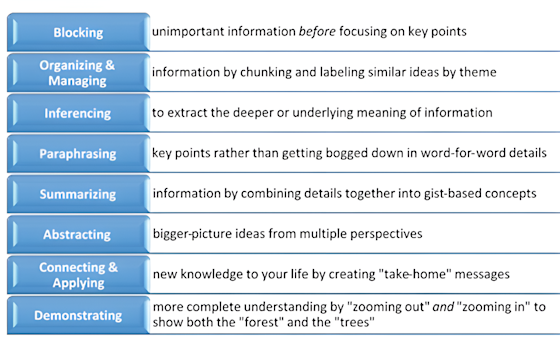OVERVIEW
Relatively common in youth, traumatic brain injuries (TBIs) often lead to cognitive-communication disorders that can affect long-term academic and social outcomes. As evidence surrounding effective interventions is still emerging, this review highlights the need for continued research and development of intervention approaches, discussing a wide range of evidence supporting current interventions and contextual factors that may present barriers for students. Overall, current research suggests a growing trend toward individualized interventions that are dynamic and combine multiple approaches for cognitive-communication treatment after pediatric TBI. This review concludes that cognitive-communication abilities are highly interrelated, as well as multifaceted and remarkably dynamic. Primed with strategies to think “deep and wide” students with TBI are better equipped with the skills for success in their ongoing recovery, personal development and academic pursuits. During effective cognitive-communication treatment, clinicians must consider important questions for each individual student, spanning unique academic, motivational, situational and personal factors, while also striving to engage, empower and equip the student's support network to align in efforts to promote critical brain gains. Figure 1. Descriptions of SMART Strategies




